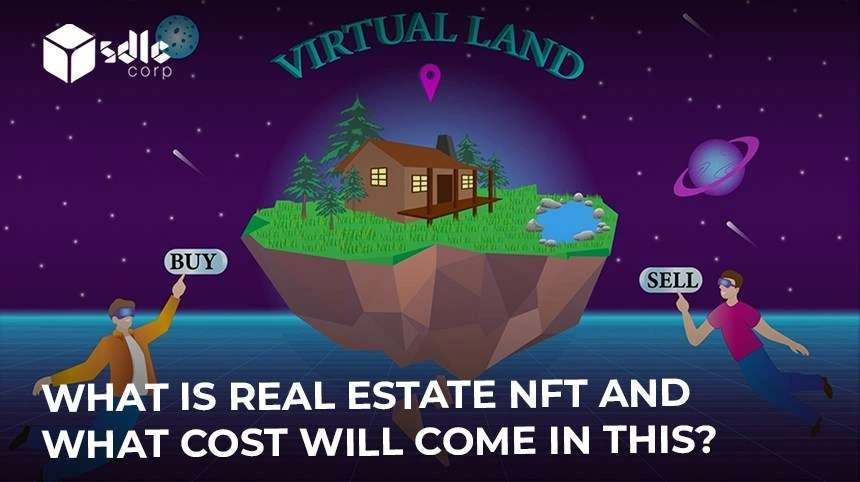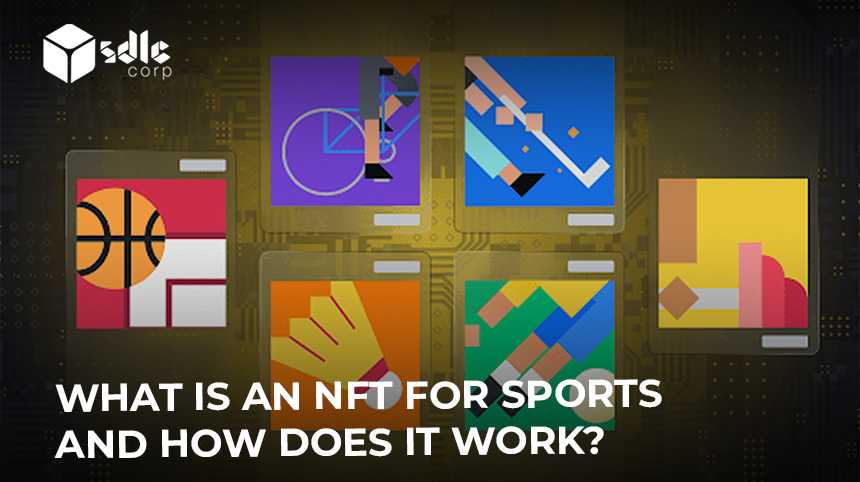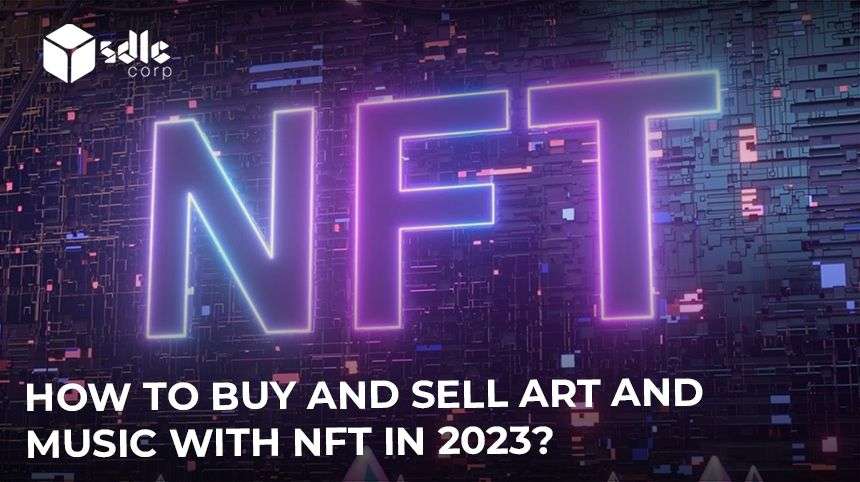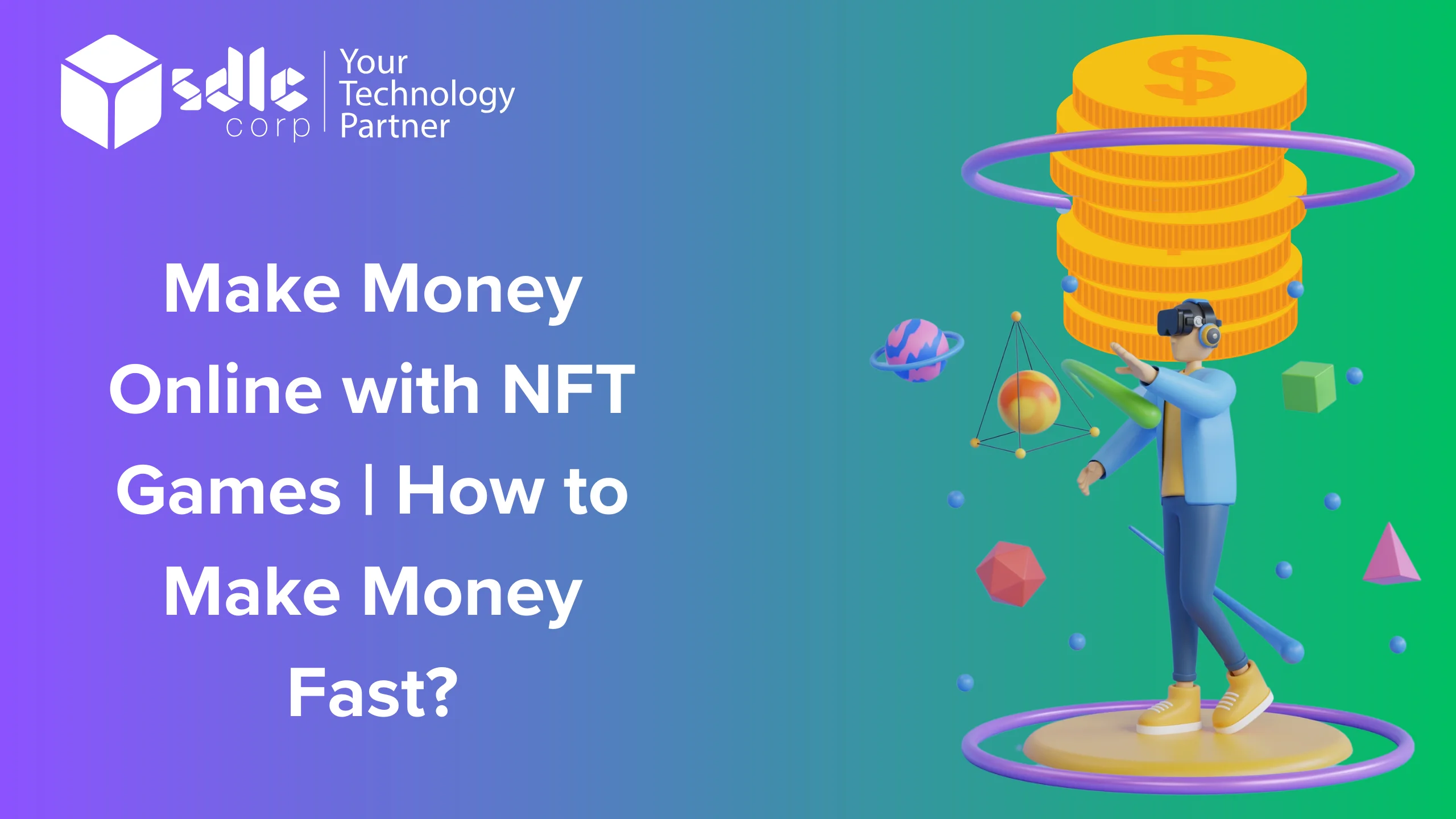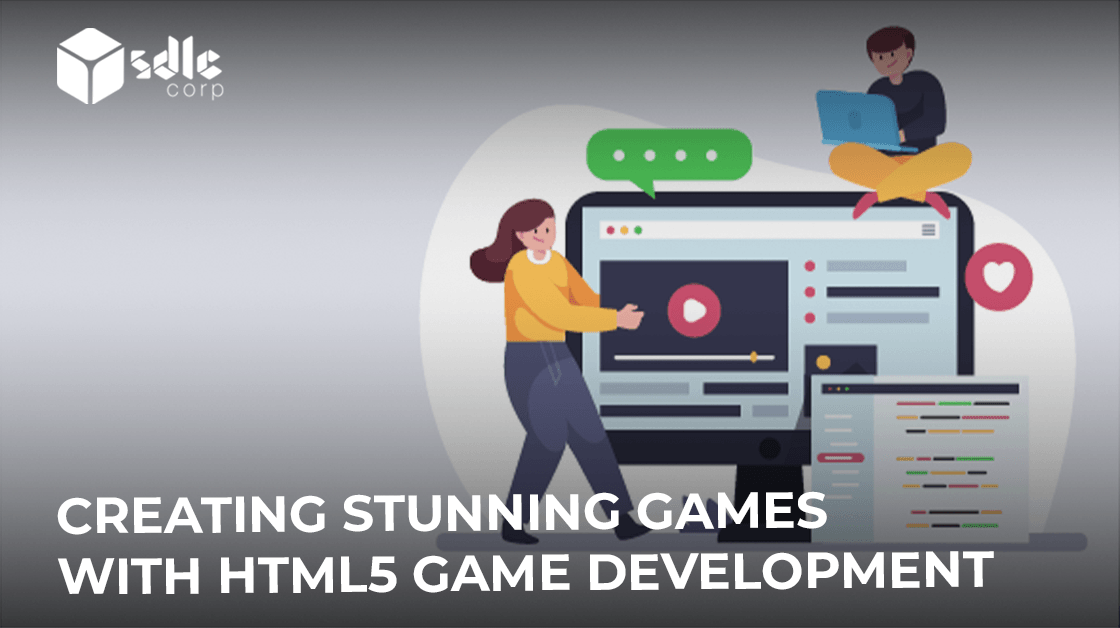Real Estate NFT: So far, most NFTs are whimsical works of art and trendy alternatives to cryptocurrency investments. However, NFTs are beginning to infiltrate other aspects of life as we learn more about how they work and what they can do; even notable brands are registering products on the blockchain and implementing functions and unique features to give buyers more bang for their buck.
So, how does a piece of digital art or a digital song do all of this? First, you can use an inbuilt smart contract to program your NFT (or whatever it stands for) to do things automatically. But no one will buy a existing homes like that, are they? They have already done so in a few successful transactions. The first real estate NFT was sold in 2017 and recently re-auctioned via Propy, a blockchain-based metaverse platform (Blockchain Technology – Complete Guide). A shift in how we buy and sell real estate is on the horizon. Here’s what you should know about the housing market’s future and how it will affect your day-to-day activities.
What Exactly is NFT Real Estate?
NFTs, non-fungible tokens, are cryptographic tokens used to represent a single digital asset. NFTs are frequently utilized to tokenize digital and physical assets such as art, collectibles, and tickets. Each NFT’s metadata is stored on a blockchain, which serves as verifiable proof of authenticity and ownership. Furthermore, an NFT can only have one official owner at any given time and cannot be forged or altered.
NFT real estate is a piece of land in a virtual reality world that users can program and explore with their 3D avatars. Users can purchase NFTs linked to specific parcels of land in the metaverse to represent unique ownership of their properties. What you can do with the property will depend on the project. In Decentraland, for instance, users can build on plots of land, go to events, participate in social activities, and so on. (Read more about What Is an NFT For Sports and How Does It Work)
Real Estate NFTs: Redefining Property Ownership and Associated Costs

NFTs in Virtual Real Estate vs. Physical Real Estate
To begin, it is critical to understand the terminology. Next, developers are creating virtual worlds where we can explore cities, participate in new social environments, and buy and sell as the metaverse expands. Virtual real estate refers to land or property that can be purchased within these environments or games. These digital environments, like the real world, are built with NFT houses, or you can invest in a single NFT apartment in an NFT building.
Some virtual real estate NFTs are linked to real-world properties. Furthermore, the digital world and its premises are frequently replicas of real-world locations regarding major brands and operations. These digital assets are purchased and sold as NFTs on a blockchain. For example, a physical real estate NFT is created by registering physical support (your home, office, or commercial space) on a blockchain.
Why would you do such a thing? First, it creates a record of ownership and every transaction in which it has been or will be a party. They transfer data directly and easily between peers and have many features and benefits.
How do Real Estate NFTs Function?
NFTs for starting a real estate work the same way as any other NFT. They are bought with the seller’s preferred cryptocurrency, kept in a digital wallet if there is a probability that the price will increase, then resold for a profit to a buyer with the appropriate amount of cash. For token investments behave more like stocks, representing a portion of a real estate project rather than a single physical or virtual item. As a result, profits are distributed similarly to any other type of share-based investment because ownership is simply a share of a business.
So, for example, if you owned one of ten tokens in a real estate company that invests in real cash in apartment buildings, you would be paid 10% of the net profit at the end of an earnings cycle (unless you had a separate agreement in place). You have the right to severability, as with all NFTs and shares, which means you can usually sell those tokens whenever you want. However, some crowdfunding platforms for real estate investments require you to keep your claims for a certain amount of time, and NFT-backed platforms will almost certainly have a minimum hold time as they gain popularity.
Use Cases for NFT Real Estate
What you can do with your NFT real estate depends on the project from which you purchase it. We’ve highlighted four uses for NFT real estate in the metaverse below.
Advertisement
Creators can profit from their metaverse content by charging for access or trading NFTs. In addition, brands can use virtual properties for advertising, organizing virtual product launches, and providing unique customer experiences. Nike, for example, has expanded its user base by establishing NIKELAND in the metaverse. Users can play mini-games, live a virtual lifestyle centered on sports, and play in this interactive world.
Socializing
While some people may view their NFT property as an investment, others may prefer to use it for its intended purpose. Commercial real estate in the metaverse gives people a place to meet up online with friends and people with similar interests. It’s a virtual space where they can play games and hang out with their digital property.
Work
Since 2020, working from home and talking to coworkers online has become the norm. NFT real estate can be a virtual office space or a location for businesses to provide virtual services.
Gaming
Property in the metaverse and the examples given above can be helpful in NFT games. In Axie Infinity, for example, land can provide players with additional resources such as tokens and crafting items.
What is the Cost of Creating a Real Estate NFT?
To construct an NFT, one must pay a fee, which is known as transaction cost. This fee is known as the gas fee and must be paid for various reasons, including account setup, minting, and listing. Additionally, high network congestion may result in an upsurge fee.
Finally, creating and selling an NFT entails a slew of transactions. All of these add-ons raise the cost of building an NFT. Creating an NFT is a critical endeavor that necessitates skill and a sophisticated tech stack. As a result, firms should employ an experienced NFT Marketplace Development Company to serve this goal. Let’s look at some of the crucial factors that affect how much it will cost to create NFT:
Account Set-Up Fees
Before you can list something on a marketplace, you must first create an account. Rarible and OpenSea, for example, are two of the most popular marketplaces that need account creation.
Minting
Converting a digital file into a digital asset is what minting an NFT entails. Only some can delete, amend, or edit the file because it is stored in the distributed ledger. Minting is the process of uploading a specific object onto the Ethereum blockchain, where it becomes a part of the Ethereum blockchain.
Decoding Real Estate NFTs: Exploring Expenses and Ownership Dynamics

Explore our other insights!
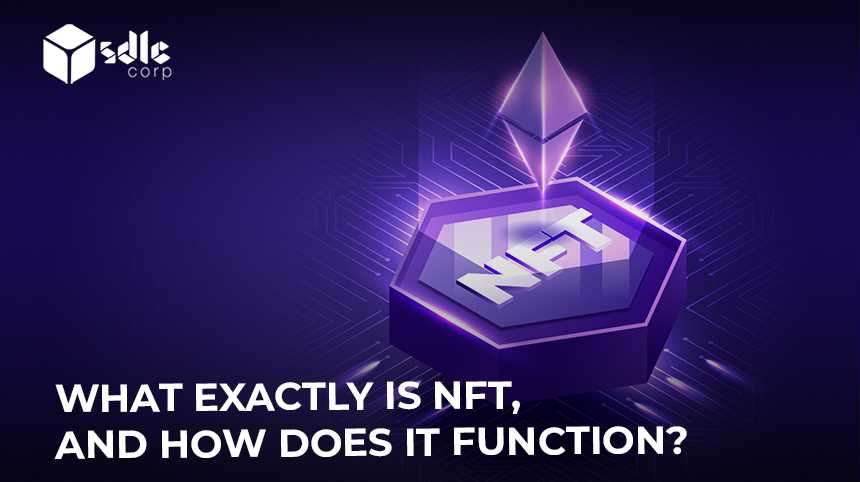
What Exactly is NFT, And How Does It Function?
What is NFT?: You could buy a digital painting on the Internet for a reasonable price and get
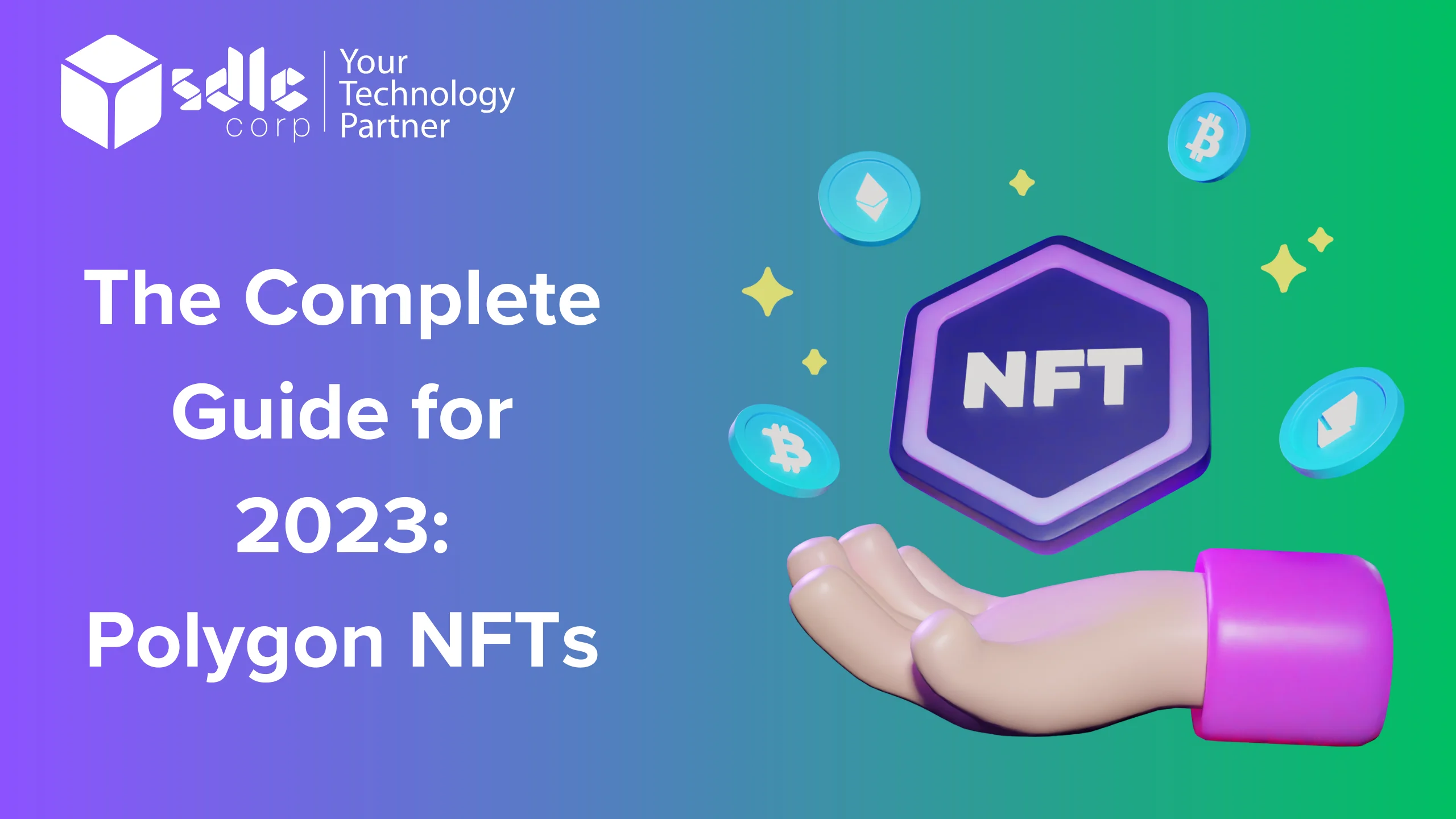
The Complete Guide for 2023: Polygon NFTs
In this comprehensive guide, You will explore about Polygon NFTs for 2023. Also get the information to Create
What is the Technology behind NFTs?
The technology behind NFTs is Blockchain and all NFTs are coded with its own unique signature that make
Freezing METADATA
Because of its metadata, each NFT is unique. The metadata cannot be changed and is tamper-proof, making it unique. As a result, it is required to freeze the metadata and offer actual ownership to make it special. As a result, the cost of developing the NFT market (NFT Marketing Strategy) is heavily reliant on it.
Listing Fee
The listing fee is determined by the type of listing and the price, which can be either auction or fixed-price. As a result, sellers can successfully offer products on the NFT marketplace.
Sale Fees
There are a few circumstances where there is no fee for minting, but most of the time, a selling fee or service fee is imposed on each minted token.
Navigating the World of Real Estate NFTs: Costs and Considerations

What Impact Will NFTs Have on Traditional Real Estate?
Blockchain technology has transformed many industries, including real estate. We’ve highlighted four ways that NFTs can help the real estate industry below.
Increase Industry Security and Transparency
One disadvantage of having your property’s title deed printed on paper is that it is easily lost, altered, or forged. Physical property tokenization can make buying and selling real estate more efficient and secure. Because NFTs are stored on a blockchain ledger, anyone can verify their authenticity by tracking their history and previous transactions. Also, since blockchain ledgers can’t be changed, minting your title deed or any other document as an NFT could make it much harder for bad people to transform your property documents.
Participation in Ownership
Fractionalization is a term used in non-traditional finance to describe how the costs and ownership rights of a collectible or digital art are split. In practice, fractionalized non-financial transfers (NFTs) let you break the cost and ownership rights of physical assets like real estate among several people. For example, minting property ownership as a fractional NFT may make it easier for people to try out the real estate market.
Real Estate Liquidty
Liquidity can lower the value of a property because it can take time to find the right buyer for the right property. However, because blockchain technology is borderless, it has the potential to open up the real estate market to a global pool of buyers by increasing the number of market participants.
Simpler Exchange
The real estate business is known for having long processes, but NFTs can help to make these steps easier and faster. Because NFTs operates on a decentralized ledger, everyone can access the transaction and ownership history. Furthermore, the bureaucracy and processes associated with asset transfers can be automated and maintained with the help of smart contracts. This blockchain program executes commands automatically when certain conditions are met.
Real Estate NFTs' Future
Predictions are challenging because the union of real estate and NFTs is still in its early phases. Theoretically, NFTs can make it easier to transfer ownership of stock in real estate investments or virtual properties but only count on them to do so for a while. The few units sold with NFTs were sold as part of a package. For example, a home sold in Ukraine was included in selling a business that was the actual NFT.
Current real estate laws make holding entire real estate rental properties as NFTs extremely difficult. However, they may change as blockchain technology and other cryptographic technologies become more helpful in producing mortgages and crowdfunding opportunities. Until then, look for chances to hold some mortgage debt, construction undertakings, and other group investments as NFTs. Likewise, look for opportunities to have portions of mortgage debt, construction projects, and other group investments as NFTs until then.
Conclusion
Many people may struggle to comprehend spending money on virtual land. However, the explosive growth of digital collectibles, the metaverse, and other NFT use cases demonstrates the potential of NFT real estate. So far, NFTs have aided in making real estate processes more efficient, transparent, and secure. We shouldn’t be surprised to see more metaverse properties emerge as blockchain technology advances.




